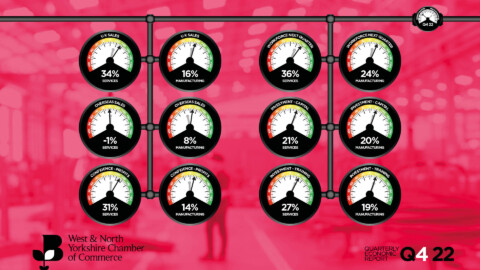New Immigration Model: BCC offers help
The British Chambers of Commerce, along with others, has offered to help design a new immigration system. The UK’s five largest business organisations (BCC, CBI, FSB, IOD & MakeUK) – plus other trade associations – have written to Home Secretary Priti Patel offering expertise, experience and enterprise. The letter sets out four priorities:
- A minimum salary that supports the economy and protects wages
- Flexibility for skilled workers through a points system
- A temporary visa route
- A sponsorship process in place from Day One
The four priorities go into further detail:
- Minimum salary threshold provides confidence migrants are not accepting wages lower than UK workers. The non-EU system requires a salary both higher than 25% of those in the same occupation and higher than 25% of jobs across occupations of the relevant skill level. Following the Migration Committee’s recommendation of lowering the skill level to ‘A-Level’ or equivalent to secure a work visa post-Brexit would mean overseas workers having to earn above £20,100 and more than 25% of those doing the same job. This protects wages and ensure that job shortages like technicians, carpenters, translators and care-home managers can be addressed.
- Points provide flexibility – salary isn’t the only way to predict contribution; ability to hire those with lower salaries based on qualifications, experience, etc is welcome. This must add flexibility for businesses to hire, rather than be an additional requirement. An unsponsored points-based route for skilled workers should be added for smaller firms, as should lowering salary threshold for shortage occupations
- Temporary visa route – extending from one to two years will encourage migrants to integrate into local communities while ensuring they are more productive, rather than firms starting over to hire new people. Make the route available to all sectors, with a six month cooling-off period, to help plug gaps. In-country switching to the skilled worker visa, if eligibility is met, should also be allowed.
- Day One Sponsorship – simplifying the current system is essential to reduce overseas hiring cost and complexity. Testing the reforms before switching will help SMEs avoid legal advice. Minor adjustments to the existing non-EU visa route would be insufficient and act as a barrier to accessing skills needs.
24 January 2020 |







